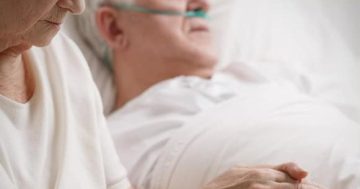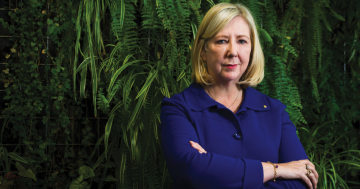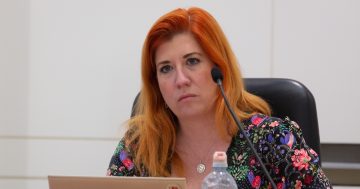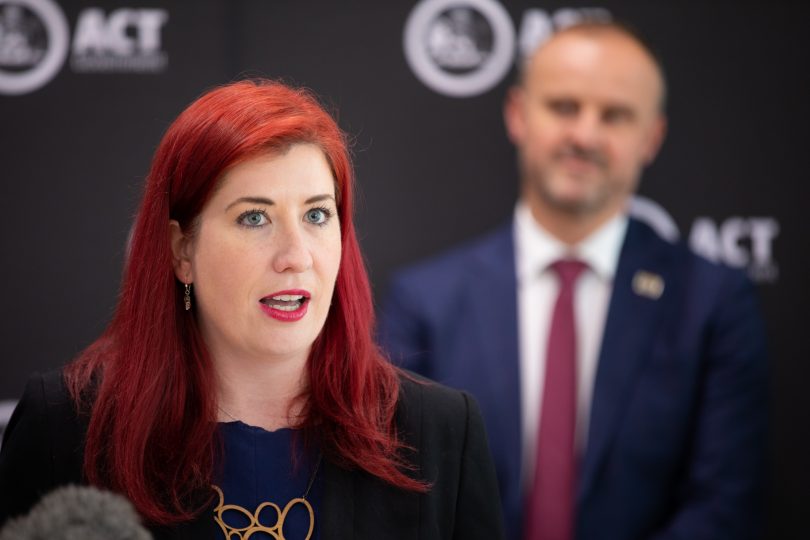
Human Rights Minister Tara Cheyne has written to the Commonwealth Government to restore the ACT’s right to legislate on euthanasia. Photo: Michelle Kroll.
The fact that Australian territories cannot pass legislation on euthanasia is untenable, indefensible and a breach of Australia’s human rights obligations, according to the ACT’s Human Rights Minister, Tara Cheyne.
Ms Cheyne and the Northern Territory’s Attorney-General, Selena Uibo, have penned a letter to the federal Attorney-General, Christian Porter, calling for the restoration of the right to legislate on euthanasia.
Euthanasia was legal in the NT between 1996 and 1997 before the Howard Government passed the Euthanasia Laws Act in 1997 which repealed the right and amended both territories’ self-government acts, removing their ability to legislate on the issue.
“It is untenable and indefensible,” Ms Cheyne said.
“In this letter, we have emphasised our ongoing concerns about the stark inequity between states and territories regarding voluntary assisted dying.
“It is hard to fathom – and embarrassing – that the Federal Government allows a situation to persist which limits some residents’ human rights in our own country.”
The letter refers to Australia’s obligation under Article 25 of the International Covenant on Civil and Political Rights which ensures that “every citizen shall have the right and the opportunity … to take part in the conduct of public affairs, directly or through freely chosen representatives”.
Ms Cheyne said the will of the people of the ACT and the NT are being denied because they are residents of a territory.
“By prohibiting the citizens of the ACT and the NT from deciding for themselves, through their elected representatives, whether to legislate in the area of voluntary assisted dying, the Federal Government may be limiting this human right,” she said.
“Regardless of one’s views on voluntary assisted dying, there should not be any controversy in allowing the ACT and NT to decide for themselves whether to introduce such legislation and to allow citizens an equal opportunity to legislate on this matter if their communities desire.
“We are asking that the Federal Government finally show leadership on this issue and restore our territory rights.”
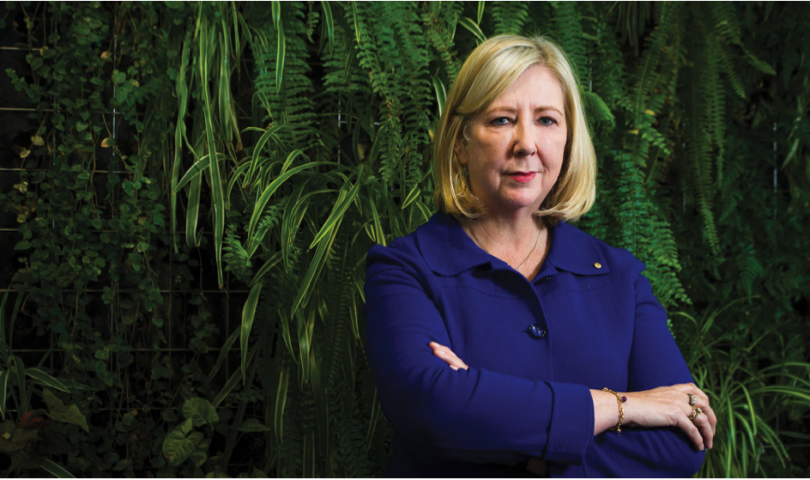
ACT Human Rights Commissioner Dr Helen Watchirs says the current restriction to legislate in the area of euthanasia is inappropriate. Photo: ACT HRC.
Minister Cheyne’s letter has received the support of the ACT Human Rights Commission, with Commissioner Dr Helen Watchirs telling Region Media that “it is entirely inappropriate for the Commonwealth Parliament to determine a policy setting that is only relevant to the people in the ACT”.
“The legislative impediment imposed by the Commonwealth on the ACT is a significant limitation on the human rights of citizens in the ACT. In my view, there is a serious question whether the Commonwealth’s Euthanasia Laws Act 1997 is compatible with Australia’s international human rights obligations.
“It should be for the ACT legislature to decide whether we should have voluntary assisted dying laws.”
The Canberra Liberals also support the right for the Territory to legislate on the issue but are treating the issue of euthanasia as a matter of conscience.
Opposition Leader Elizabeth Lee said she has written to the Prime Minister asking for the Territory to be given the right to legislate on the issue.
“I have long advocated for the Commonwealth to repeal the [Euthanasia Laws Act] and the Canberra Liberals support the ACT having the same rights as other jurisdictions to debate and legislate on this issue,” she said.
“The ACT Legislative Assembly is democratically elected by the people of Canberra and should have the right to legislate on this matter on behalf of Canberrans, just as we have the right to legislate on a whole host of other matters dealt with by state and local governments across Australia.”
Some ACT residents have tried to access Switzerland’s euthanasia regime because of the ban in the ACT and the stringent legislation in other Australian jurisdictions that does not allow non-residents of the state to access euthanasia services.
In a pandemic, this has caused stress among individuals considering the decision to end their life overseas but who would not be able to do so with the support of family and friends due to travel restrictions and complications returning to Australia.












